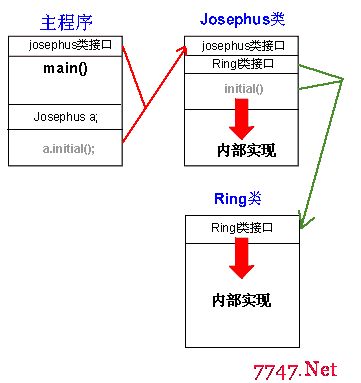poj 2182 Lost Cows
Lost Cows
Time Limit: 1000MS Memory Limit: 65536K
Total Submissions: 8260 Accepted: 5269
Description
N (2 <= N <= 8,000) cows have unique brands in the range 1..N. In a spectacular display of poor judgment, they visited the neighborhood 'watering hole' and drank a few too many beers before dinner. When it was time to line up for their evening meal, they did not line up in the required ascending numerical order of their brands.
Regrettably, FJ does not have a way to sort them. Furthermore, he's not very good at observing problems. Instead of writing down each cow's brand, he determined a rather silly statistic: For each cow in line, he knows the number of cows that precede that cow in line that do, in fact, have smaller brands than that cow.
Given this data, tell FJ the exact ordering of the cows.
Input
* Line 1: A single integer, N
* Lines 2..N: These N-1 lines describe the number of cows that precede a given cow in line and have brands smaller than that cow. Of course, no cows precede the first cow in line, so she is not listed. Line 2 of the input describes the number of preceding cows whose brands are smaller than the cow in slot #2; line 3 describes the number of preceding cows whose brands are smaller than the cow in slot #3; and so on.
Output
* Lines 1..N: Each of the N lines of output tells the brand of a cow in line. Line #1 of the output tells the brand of the first cow in line; line 2 tells the brand of the second cow; and so on.
Sample Input
5
1
2
1
0
Sample Output
2
4
5
3
1
Source
hpu张燚
import java.util.LinkedList;
import java.util.Scanner;
import java.util.Stack;
public class Main{
/*
* 大概意思:有N头牛,编号1--N,他不知道每头牛的固定位置,他只知道
* 前边有几个比这个位置牛的编号小的牛,求各个牛的位置,输出其编号
*/
public static void main(String[] args) {
Scanner input=new Scanner(System.in);
while(input.hasNext()){
int n=input.nextInt();
LinkedList<Integer> list=new LinkedList<Integer>();
for(int i=1;i<=n;i++)
list.add(i);
Stack<Integer> s1=new Stack<Integer>();
while(--n>0)
s1.add(input.nextInt());
Stack<Integer> s=new Stack<Integer>();
while(!s1.isEmpty()){
int a=s1.pop();
s.push(list.remove(a));
}
System.out.println(list.getFirst());
while(!s.isEmpty())
System.out.println(s.pop());
}
}
}
补充:软件开发 , C++ ,




